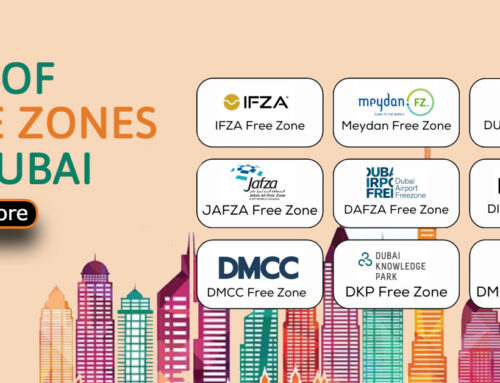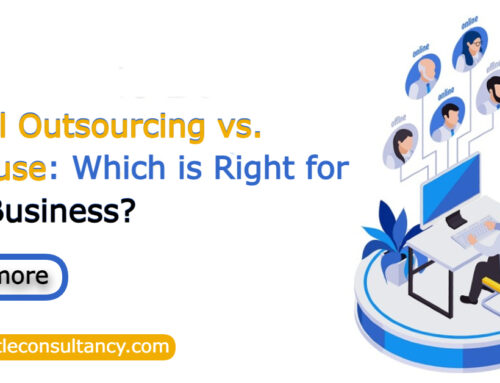Payroll management is a crucial aspect of any business, ensuring that employees are accurately and timely compensated for their work. However, this process is not without its challenges. From complex tax regulations to data security concerns, payroll managers must navigate various obstacles to ensure smooth and compliant operations. In this article, we will explore the top payroll management challenges and provide effective strategies to overcome them, enabling businesses to maintain payroll accuracy, employee satisfaction, and legal compliance.
1.Complex Payroll Tax Regulations:- One of the most significant challenges in payroll management is dealing with the constantly evolving and intricate tax regulations at the federal, state, and local levels. Staying updated and compliant with these laws can be overwhelming and may lead to potential errors and costly penalties.
Solution: To overcome this challenge, invest in reliable payroll software that automatically calculates taxes based on the latest regulations. Regularly update the software to reflect any tax law changes. Additionally, engage with tax experts or payroll consultants to ensure adherence to the most current tax procedures.
2. Data Security and Privacy Concerns:- Payroll data contains sensitive employee information, making it a prime target for cyberattacks and data breaches. Data security and privacy concerns are vital challenges that businesses must address to safeguard employee data and maintain trust.
Solution: Employ robust data security measures, such as encryption and access controls, to protect payroll data from unauthorized access. Regularly conduct security audits and provide training to employees to identify and respond to potential security threats. Compliance with relevant data protection regulations, such as GDPR or CCPA, is essential.
3. Keeping Track of Time and Attendance:- Accurately tracking employee working hours, overtime, and attendance can be challenging, especially for businesses with multiple locations or remote workers.
Solution: Utilize time-tracking software or biometric systems to automate attendance monitoring. Establish clear attendance policies and communicate them effectively to employees. Regularly review and verify time records to ensure accuracy.
4. Integration of HR and Payroll Systems:- Disparate HR and payroll systems can lead to data discrepancies and inefficiencies in managing employee information and compensation.
Solution: Implement integrated HR and payroll software that ensures seamless data transfer between systems. This reduces duplicate data entry, minimizes errors, and streamlines overall efficiency.
5. Employee Classification and Compliance:- Misclassifying employees as independent contractors or vice versa can result in legal consequences and financial penalties.
Solution: Stay informed about labor laws and correctly classify workers based on their job roles and responsibilities. Review job roles periodically to ensure they align with current classification guidelines. Seek legal advice if unsure about employee classification.
6. Managing Payroll for Remote Workers:- Handling payroll for remote or distributed teams presents unique challenges due to different tax regulations and payment methods.
Solution: Utilize payroll software capable of handling multi-location tax calculations and payments. Ensure remote workers’ payment methods align with their preferences and comply with legal requirements.
7. Unforeseen Payroll Errors:- Mistakes in payroll can lead to dissatisfaction among employees and undermine their trust in the organization.
Solution: Implement a thorough review process to double-check payroll calculations before processing payments. Respond promptly to errors and rectify them transparently. Communicate with affected employees promptly and professionally.
8. Manual Payroll Processing:- Relying on manual payroll processing is time-consuming and prone to errors.
Solution: Invest in automated payroll software to streamline the process and reduce human errors. Automation can also free up HR staff to focus on strategic tasks.
9. Late or Inaccurate Payments:- Delayed or incorrect pay can lead to employee dissatisfaction and negatively impact productivity.
Solution: Establish a well-defined payroll schedule and adhere to it strictly. Implement reminders and notifications to avoid missing deadlines. Conduct regular reconciliations to ensure accuracy before finalizing payments.
10. Handling Garnishments and Deductions:- Managing wage garnishments, child support payments, and other deductions can be complex.
Solution: Maintain accurate records of garnishments and deductions. Automate the process as much as possible to avoid errors and ensure timely payments to appropriate agencies or individuals.
Conclusion
Effective payroll management is essential for the smooth functioning of any business. By understanding and addressing the top challenges such as complex tax regulations, data security concerns, and employee classification, businesses can build an efficient and compliant payroll system. Utilizing modern payroll software, integrating HR and payroll systems, and embracing automation can significantly reduce errors and streamline the payroll process. Implementing these solutions will not only ensure timely and accurate payments to employees but also foster trust and satisfaction among the workforce.
Aristotle Consultancy, a leading platform specializing in Virtual CFO, tax and compliance solutions, is dedicated to assisting you with all your Accounting needs.
You can Check Detailed List of Financial Advisory Services , Tax compliances, Business advisory service or Virtual CFO service from Aristotle Consultancy






